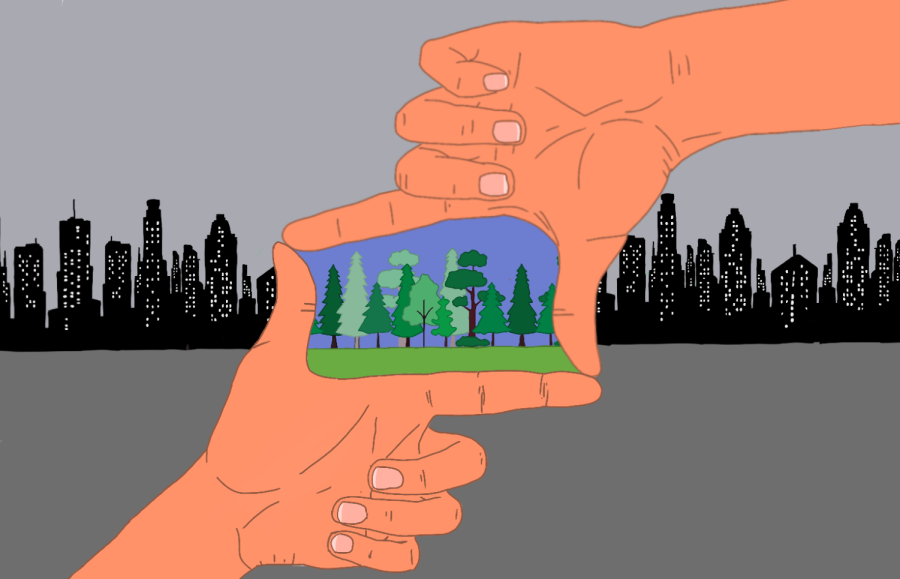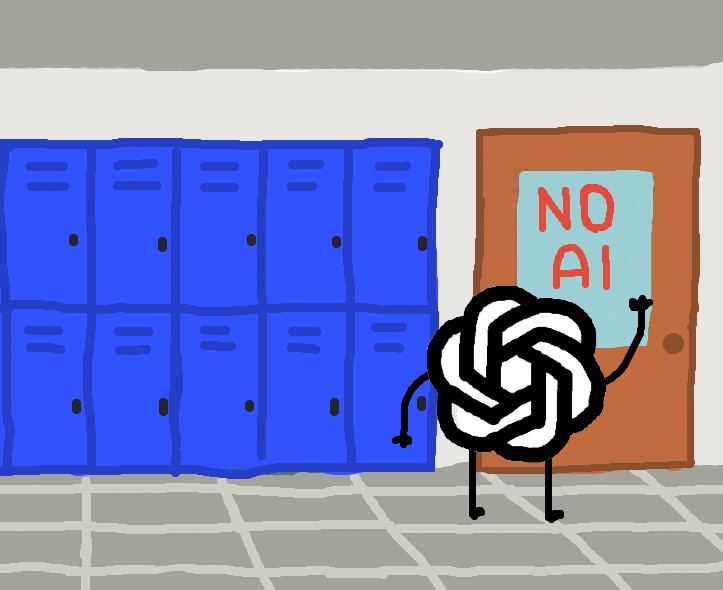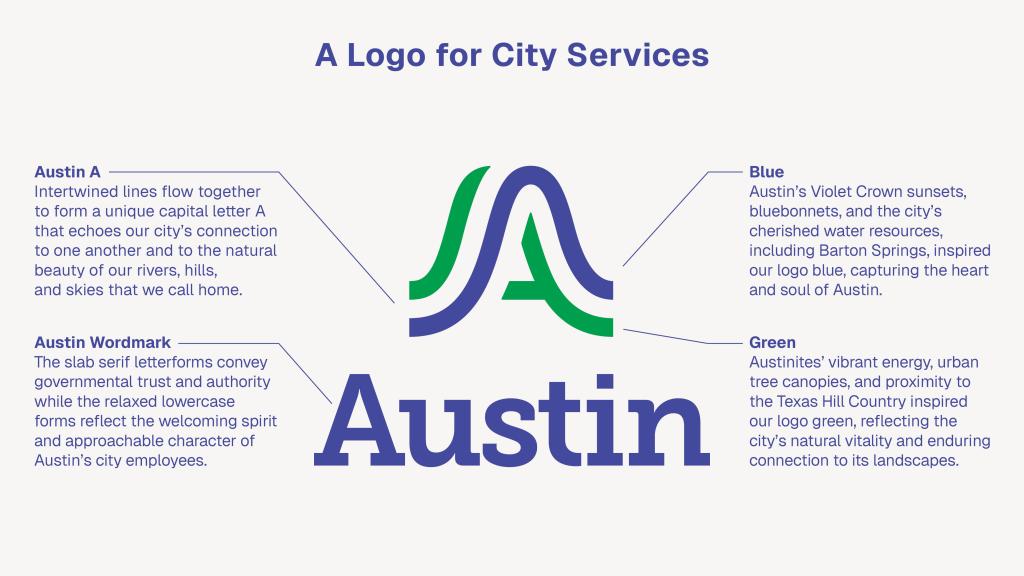The headlines scream that it’s too late. People are tracking their carbon footprints all over the planet, rising sea levels are swallowing cities and glaciers are melting under penguins’ feet. If we don’t reach net-zero carbon emissions by 2050, the planet will apparently turn into a giant fireball. But long showers are nice, fast fashion is cheap and teens would rather make use of their shiny new driver’s licenses than carpool to school.
Feelings of powerlessness and fear naturally lead to inaction, to convincing ourselves that our choices do not make a difference. But the science says otherwise; it’s not too late, and our choices will make or break the climate challenge we face. In fact, it is more important than ever that we not lose hope and instead plant our feet in the earth we need to save and take action.
According to the UN, two-thirds of global greenhouse gas emissions are linked to private households. In a world of 8 billion people, our actions matter– the electricity we use, the ways we travel and the foods we eat. But waking up to news of environmental destruction day after day can feel paralyzing. Described by the American Psychological Association as “a chronic fear of environmental doom,” climate anxiety is a widespread issue. A 2021 global study published in The Lancet found that out of the 10,000 young adults surveyed, 45% suffered from daily climate anxiety. The American Psychological Association found that more than two-thirds of Americans experience some climate anxiety.
But hopelessness is a step in the wrong direction. Although we are far from carbon net zero, there is reason to be optimistic. According to the UN, more than 70 countries, including the United States, have set a net-zero target, covering over three-quarters of global emissions. China, the world’s biggest polluter, experienced its largest cut in carbon emissions in over a decade. The “Race to Zero,” in which entities pledge to take immediate, significant action toward cutting global emissions in half by 2030, now boasts membership of more than 1,000 cities, 1,000 educational institutions and 400 financial institutions.
Slowing the earth’s warming trend, even by a small margin, is a victory, and eco-conscious lifestyle choices can make a real difference. According to the U.N., each American emitted 14.6 tons of CO2 in 2020, more than double the global average. In order to preserve a liveable climate, this number will need to drop to at least 2.5 tons by 2030. By working together and treating the climate crisis with the immediate attention it deserves, this is possible.
From electric cars to solar panels, the solutions we need to reduce greenhouse gas emissions already exist. Take action by saving energy at home, reducing car and plane use, cutting food waste and recycling. Reduce climate anxiety by practicing mindfulness and taking advantage of resources like the Climate Psychology Alliance’s “climate-aware” therapists. Tune into “solutions” journalism with websites like Good News Network and the Good News section of The Daily Climate. Put pressure on lawmakers to prioritize the environment, educate yourself and others on climate change issues and vote. Think before you spend, and be mindful about what you’re supporting with your financing. Most importantly, remember why you care and fight for the future you want.
If all 1,800 McCallum students committed to putting the earth first, thousands of tons of greenhouse gas emissions could be avoided. Confront the reality of climate change with stubborn hope, and channel anxiety into action. Find inspiration in the global movement to combat climate change, and seek out practical solutions. After all, we’ve made a mess of our environment and now it’s time to clean it up.










Stella P. • Feb 16, 2023 at 11:59 am
I really liked this story because I can relate. I experience a lot of climate anxiety, even though I still live in my mom’s house and don’t have a lot of control yet over how I impact the environment. This was a cool story because it gave me hope for the future.